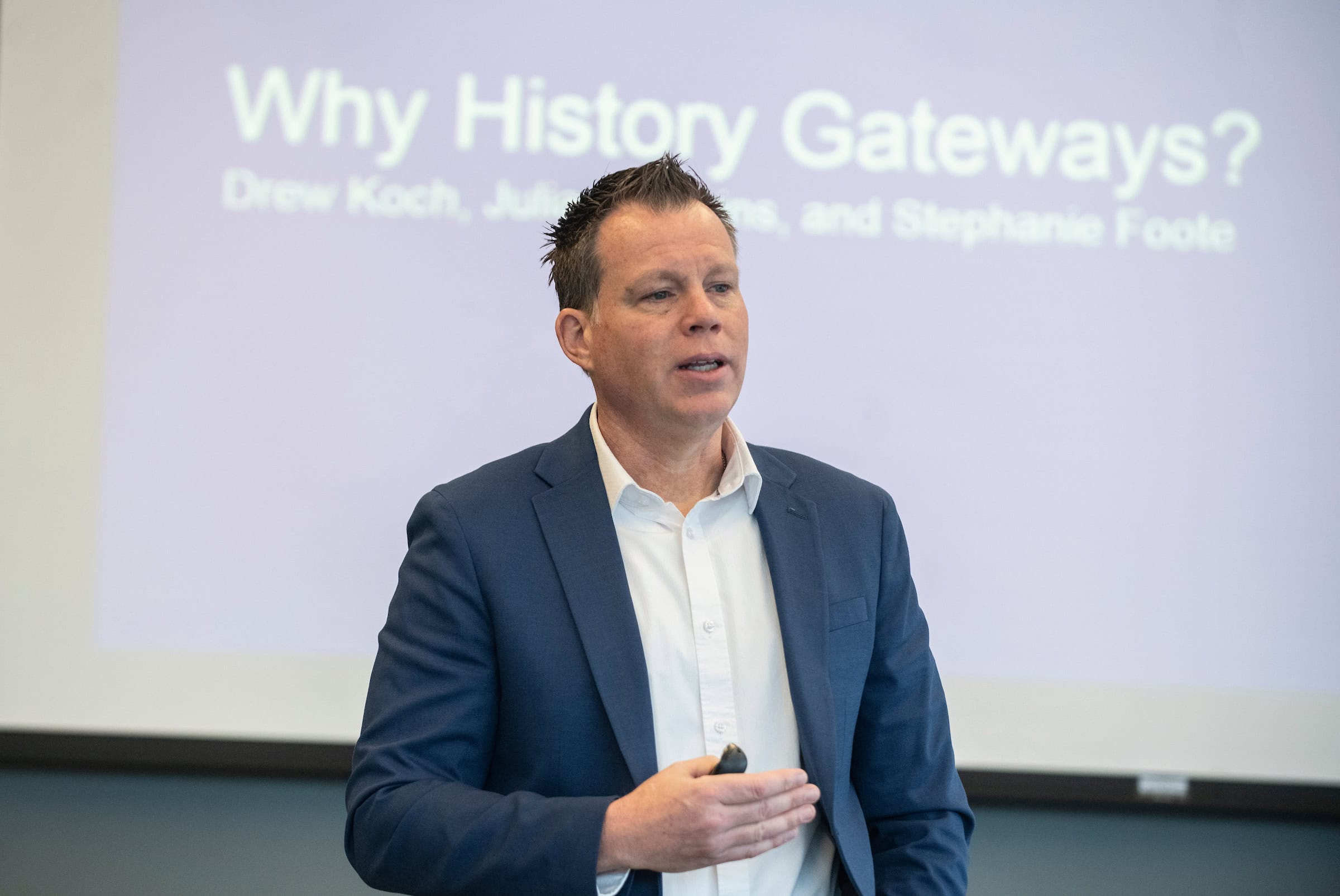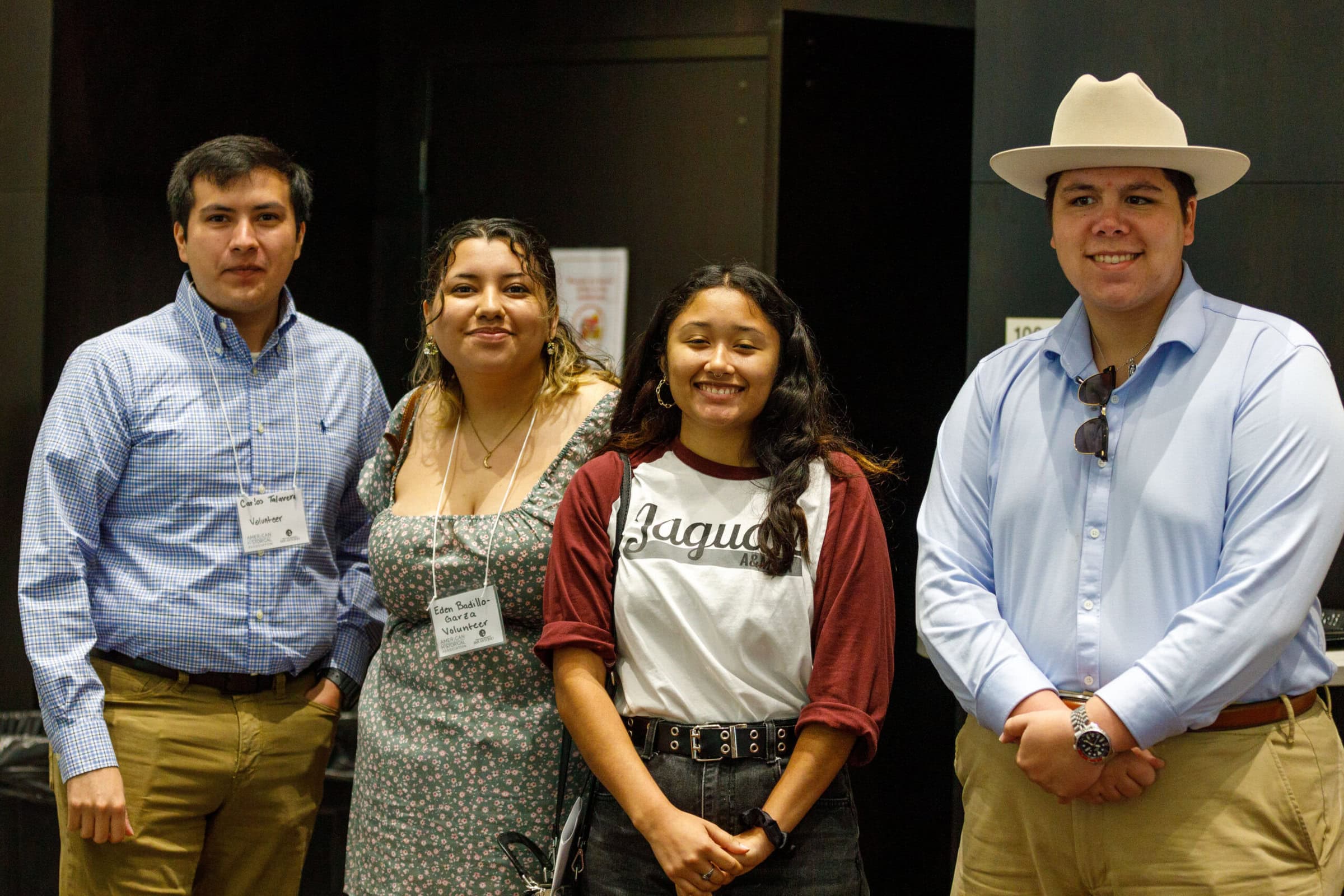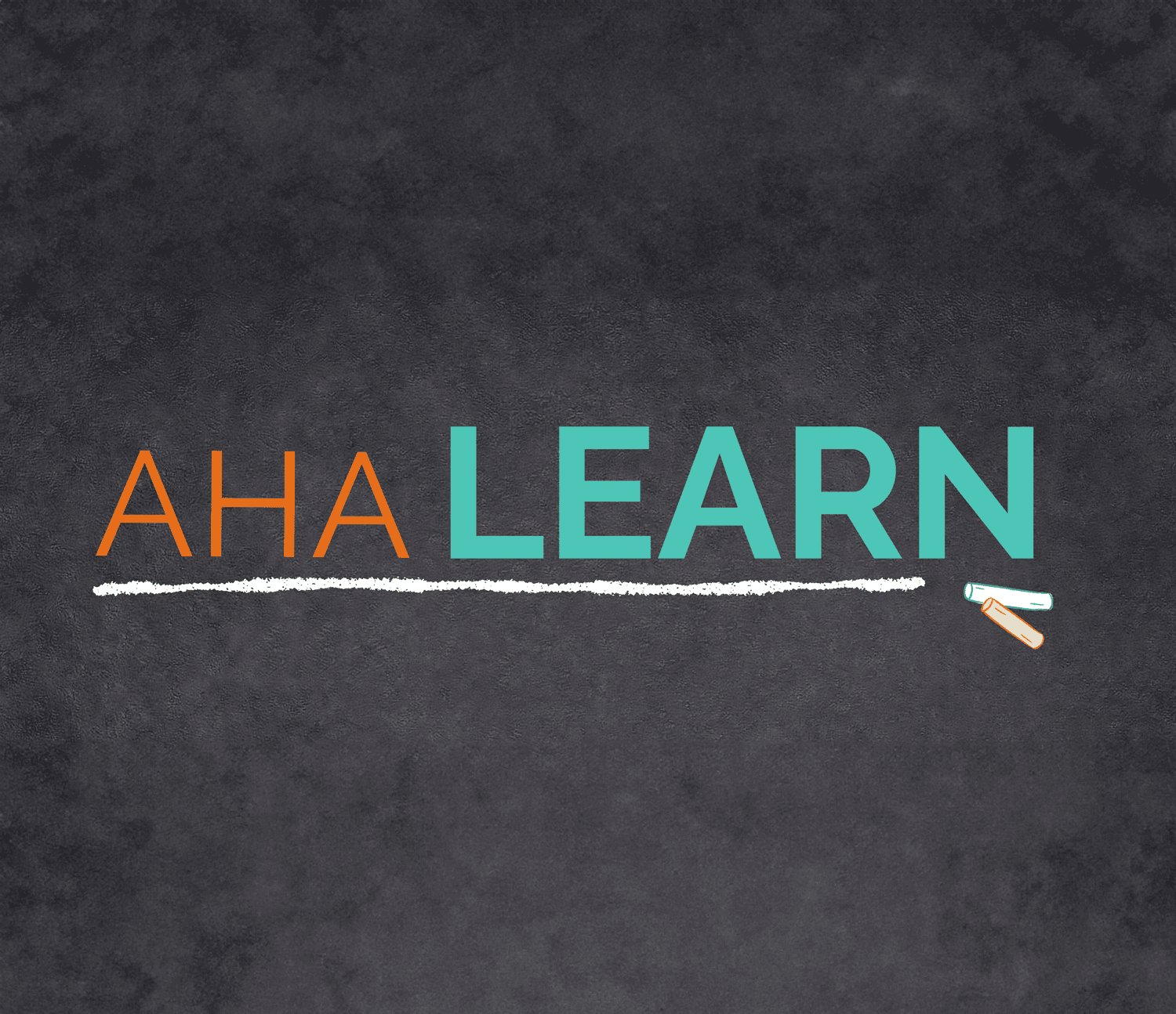History Gateways
The AHA’s History Gateways initiative explores strategies for improving introductory college-level history courses to better prepare students from all backgrounds for success in a complex society.
What does it mean for students to be introduced to history at the post-secondary level? How can a carefully designed introductory history course foster learning that increases student success within and beyond our discipline?
About the Initiative
In 2019, the AHA launched the History Gateways initiative, funded by a grant from the Mellon Foundation. Working closely with the John N. Gardner Institute for Excellence in Undergraduate Education and 11 institutional partners History Gateways brought faculty teams together to lead a re-evaluation and substantial revision of introductory college-level history courses in participating departments, with the goals that these courses effectively serve students from all backgrounds and align more responsively with the future needs of a complex society.
Introductory history courses, like those in chemistry, math, English, biology, and psychology, unfortunately are directly linked with a significant proportion of attrition among first-generation, Black, Native American, Latinx, Pell-eligible, and male college students. According to recent research faculty development can be more effective than remedial courses as a pathway to student success. The AHA, in collaboration with education researchers and faculty professional development specialists at the John N. Gardner Institute for Excellence in Undergraduate Education (Gardner Institute), works with history faculty to rethink what it means to be "introduced" to history at the post-secondary level, and to implement necessary curricular change.
Drawing on the successful AHA's Tuning project and the Gardner Institute's successful Gateways to Completion (G2C) program this initiative works closely with eleven 2-year and 4-year institutions in Chicago, Houston, and New York.
New Booklet on Introductory History Courses
What is the value of an introductory college course in history? What are the most effective ways to train all incoming students in core elements of historical thinking? How do we improve student success in these foundational courses? The AHA's new booklet, Designing Introductory History Courses for Student Success, collects data and perspectives on what instructional faculty and other higher education decision-makers can do to put the history discipline to work for today's students. AHA members can log in to MyAHA and click on "Purchase Publications with Member Discount" under the AHA Publications section to receive a 30% discount on AHA booklets.
Resources & Events

Webinars on Introductory History Courses
The AHA offers a series of webinars on introductory history courses and course redesign.

Past History Gateways Events
The AHA and our institutional partners have hosted many events and activities as part of the History Gateways initiative.

Regional Conferences on Introductory History Courses
What do students learn in introductory history courses? How can historical thinking support student learning and success across the curriculum? Our regional conferences endeavor to strengthen the community of practice focused on introductory history courses, both in secondary and higher education.

AHA Learn
Open to the public and offered free of charge, AHA Learn programs endeavor to encompass the diversity and creativity of history education across the country and around the world.
History Gateways Resources
Recommended readings on introductory history courses.
Institutional Partners
The Gardner Institute for Excellence in Undergraduate Education is a non-profit organization dedicated to partnering with colleges, universities, philanthropic organizations, educators, and other entities to increase institutional responsibility for improving outcomes associated with teaching, learning, retention, and completion. It is dedicated to advancing higher education's larger goal of achieving equity and social justice.
New York Metro Area
Houston
University of Houston Downtown
Chicago
AHA Resource Library
The AHA’s Resource Library includes hundreds of resources developed or vetted by the AHA and our partners. Our resources range from classroom syllabi, to archival documents from the Civil War, to standards and guidelines for the discipline, and much more.